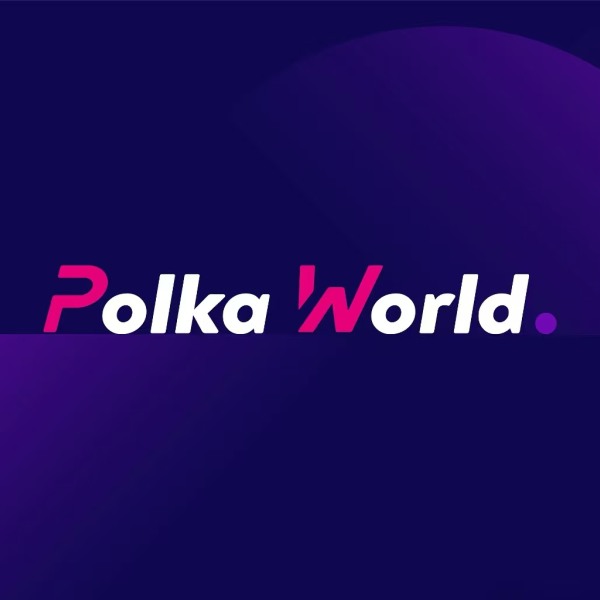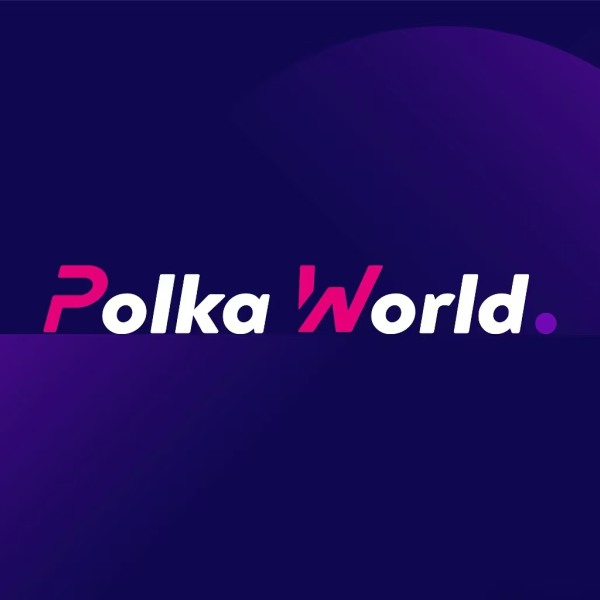- Arthur Hayes urged Zcash holders to pull funds from exchanges, fueling debate on privacy risks.
- Zcash’s shielded pool holdings surged past 4.1 million, showing rising user preference for private transactions.
The privacy-focused cryptocurrency market witnessed renewed attention after BitMEX co-founder Arthur Hayes advised Zcash holders to secure their funds outside centralized exchanges.
On Wednesday, Hayes wrote on X,
If you hold $ZEC on a CEX, withdraw it to a self-custodial wallet and shield it.
If you hold $ZEC on a CEX, withdraw it to a self-custodial wallet and shield it.
— Arthur Hayes (@CryptoHayes) November 12, 2025
Zcash had experienced a strong rally that pushed its value to $723 on Saturday before sliding sharply. The token has now fallen more than 35% and was trading around $458 at the time of writing. The sudden correction followed an overbought signal on its relative strength index, prompting analysts to caution that a retracement is likely.
Market observers noted that Zcash’s volatility coincided with renewed interest in privacy features, even as most centralized exchanges only support the transparent version of the token. The unshielded nature of exchange transactions exposes user data to public tracing, removing the very privacy that Zcash was created to protect.
Growing Debate on Self-Custody and Privacy
Zcash uses a dual-address system. Transparent addresses, or “t-addresses,” function like regular blockchain wallets with public visibility. Shielded addresses, known as “z-addresses,” use zk-SNARKs (zero-knowledge proofs) to hide transaction information such as the sender, recipient, and amount.
Central exchanges still don’t support shielded transfers, which means all transactions made through them stay fully visible on the blockchain. Hayes’s comments brought this topic back into discussion, pointing out that keeping funds on an exchange reduces Zcash’s promise of privacy.
When users hold their tokens on exchanges, they face not only a loss of privacy but also the potential restriction of withdrawals, Know Your Customer procedures, and the risk of delisting. These issues are similar to the challenges other privacy coins, such as Monero , have repeatedly faced in recent years due to regulatory pressure.
Zcash Shielded Pool Surges Amid Decline
Although the market price of ZEC has dropped, the on-chain data shows a different picture. The amount of ZEC locked in the Zcash shielded pool has increased significantly. Data shows that by the end of March, holdings were around 2.6 million ZEC, which rose to more than 4.1 million by early November. This sharp rise shows that the use of shielded transactions is increasing quickly.
Mert, CEO of Helius Labs, described the rise by stating,
The shielded pool on Zcash is literally vertical. The privacy properties are improving in real time. Speculation turning into stronger privacy properties in a reflexive loop is one of the most incredible things I’ve seen in crypto.
This growing trend toward secure transfers shows that many users now prefer personal control instead of exchange convenience. It reflects a wider change among digital asset owners who choose direct ownership, even though managing private keys and verified wallets requires more responsibility.
Furthermore, Leap Therapeutics revealed that it had adopted a Digital Asset Treasury strategy to accumulate ZEC. For this purpose, the company purchased approximately 203,775 ZEC. The company said that:
Zcash is one of the oldest privacy-preserving blockchains. We consider Zcash to be digital privacy in the form of an asset.




